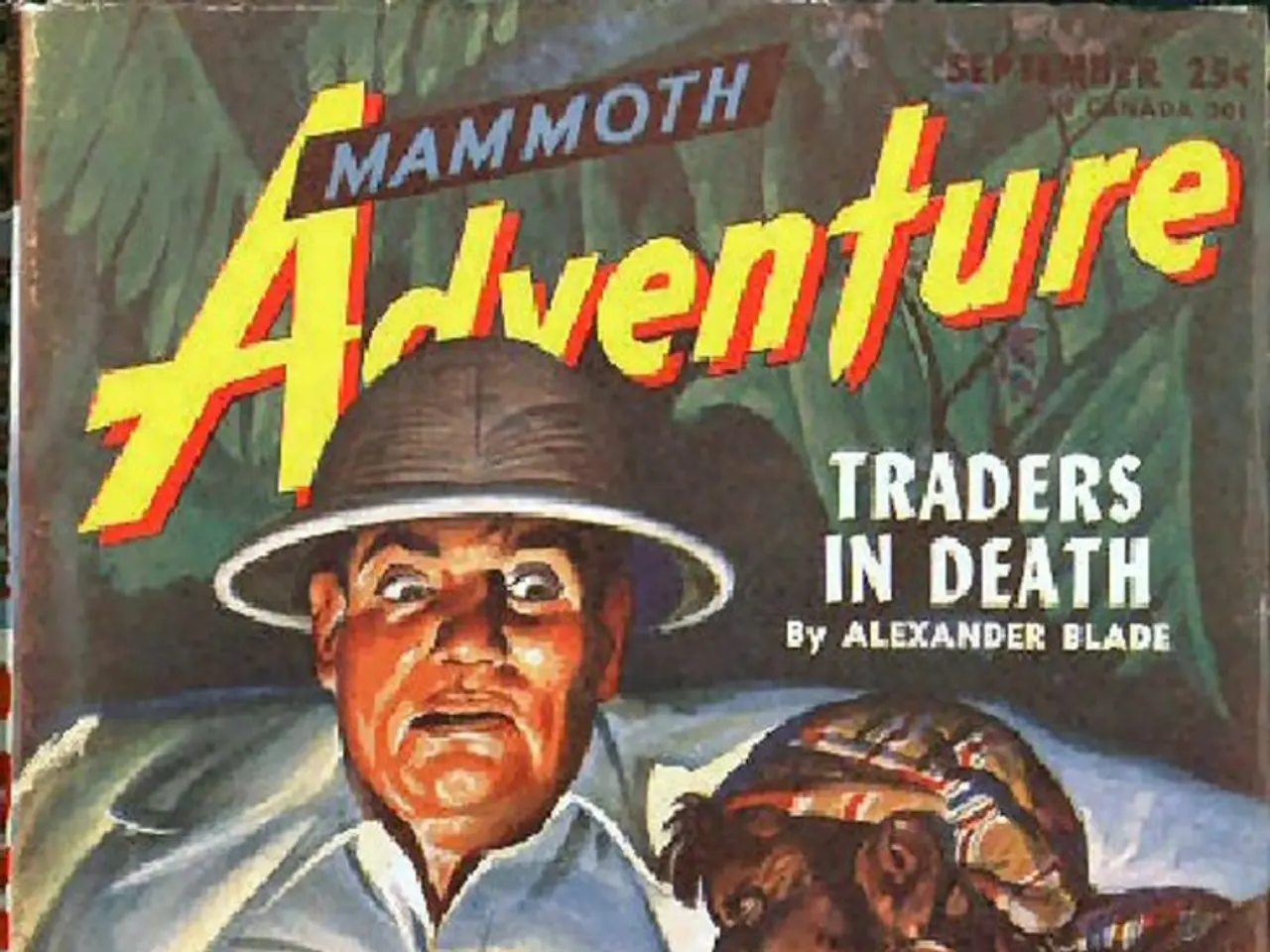Movie discussion platform
In the vast landscape of cinema, there are filmmakers who have left indelible marks on the industry, each with their unique style and narrative approach. Among these are Agnès Varda, Michael Haneke, Jacques Demy, Béla Tarr, and the Wuxia genre, a popular form of Chinese literature and film.
Agnès Varda, a pioneer of the French New Wave, began her feature film journey later in life. Her work, characterized by blending fiction and documentary elements, resonates with Agnès' quote from "The Beaches of Agnès" - "Opening people up to find landscapes within them." Some of her key works include "Cleo from 5 to 7" (1962), a cornerstone of the French New Wave, "Vagabond" (1985), a captivating look at a young drifter, and "Faces Places" (2017), a documentary collaboration with artist JR, exploring art and human connection.
Michael Haneke, born in Munich in 1942, is known for his bleak, unflinching, and thought-provoking work. His films, such as "The Piano Teacher" (2001) and "Caché" (Hidden, 2005), explore themes of repressed emotions and societal guilt, making them compelling watches for those seeking complex human narratives.
Jacques Demy, a contemporary of Jean-Luc Godard and Francois Truffaut during the French New Wave, is celebrated for his unique visual style that draws upon diverse sources. His films, like "The Umbrellas of Cherbourg" (1964) and "Lola" (1961), are celebrated for their blend of realism and fantasy, while "Donkey Skin" (1970) showcases Demy's ability to craft enchanting narratives.
Béla Tarr, a Hungarian director and a pivotal figure in the genre of "slow cinema," prioritizes stillness, long takes, and atmospheric storytelling over traditional plot-driven narratives. His films, such as "Satantango" (1994) and "Turin Horse" (2011), are haunting and atmospheric, offering a unique cinematic experience.
Lastly, Wuxia, a cornerstone of Chinese cinema, is a genre that blends martial and chivalrous hero concepts. Films like "Crouching Tiger, Hidden Dragon" (2000) and "The Bride with White Hair" (1993) offer a blend of action, romance, and philosophical themes, making them a must-watch for those interested in this unique genre.
For those seeking to delve deeper into the world of filmmaking, techniques, and cinema's broader history, there are numerous resources available, including educational blogs and forums. Each of these filmmakers and the Wuxia genre offers a unique perspective on storytelling, inviting viewers to explore the landscapes within themselves.
The experimental film style of Agnès Varda, a pioneer of the French New Wave, resonates with her quote from "The Beaches of Agnès" - "Opening people up to find landscapes within them." This unique approach can be compared to the history of cinema, where various genres, such as the Wuxia genre, offer diverse perspectives on storytelling.
Delving deeper into the world of filmmaking, one can find educational resources online that cover techniques and the broader history of cinema. These resources, including blogs and forums, provide valuable insights into the works of acclaimed filmmakers like Agnès Varda, Michael Haneke, Jacques Demy, Béla Tarr, and the Wuxia genre, inviting viewers to explore their own artistic landscapes.




